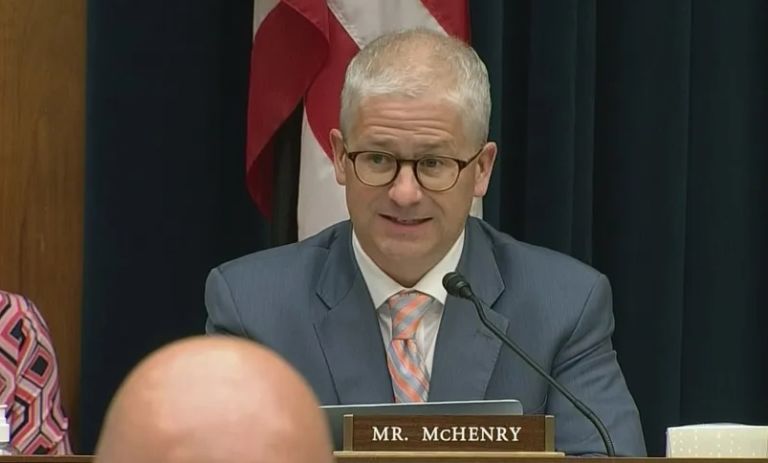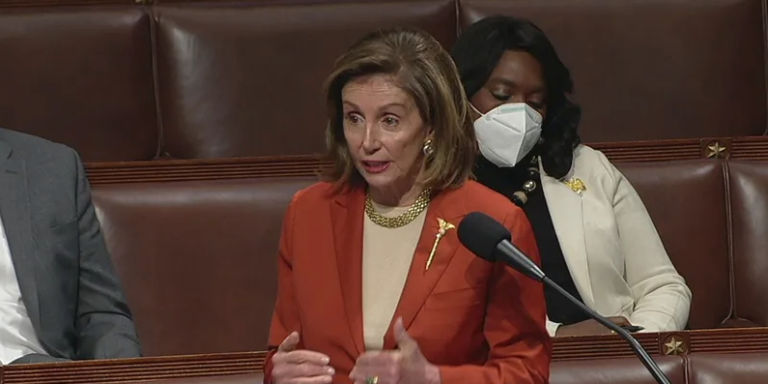Sarah Westwood of the Washington Examiner looks closely at congressional Democrats’ plans for raising your taxes.
House Democrats unveiled a proposed slate of tax hikes this week that would raise rates on high earners, corporations, and even small businesses in what they said was an effort to pay for parts of the spending package they hope to pass this year.
With opposition to the package’s proposed $3.5 trillion price tag from centrist Democrats in the Senate, it’s unclear whether the bill will survive the legislative process as-is, even with the newly unveiled pay-fors.
House Democrats did not specify whether the tax increases would generate enough revenue to offset their aggressive spending plans.
Maya MacGuineas, president of the Committee for a Responsible Federal Budget, said a rough estimate of the new proposals leaves Democrats with a “pretty big hole” between projected revenues and the amount they intend to spend.
“The reason there’s a big hole is that a lot of these policies are much smaller than what the White House had been proposing before,” MacGuineas said.
Even so, the suggested tax increases are likely to draw fierce resistance from Republicans, who have railed against every aspect of the Democrats’ efforts to craft the spending package. …
… Democrats proposed raising the corporate tax rate for the biggest companies to 26.5%, up from the current flat rate of 21%.
Instead of leaving the corporate tax rate flat, Democrats floated a return to a graduated structure that taxes companies with lower profits at a lower rate. Companies that report less than $400,000 of profits would face a tax rate of 18%, while companies with more than $400,000 but less than $5 million would face 21%.
All other companies would find their profits taxed at the higher 26.5% rate.
Dr. William McBride, vice president of federal tax and economic policy, said the graduated structure for corporate taxes was scrapped during the Trump-era tax reforms because it was “generally seen as antiquated and no longer useful.”
“In the business world, you can have small profits and be a huge company,” McBride told the Washington Examiner.


